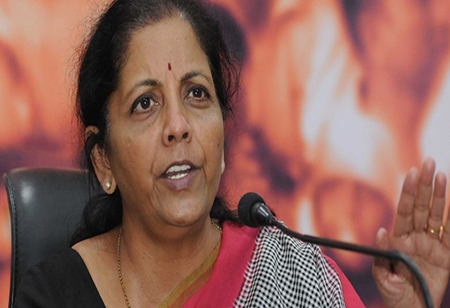Nirmala Sitharaman, India’s finance minister on Thursday expressed that the nation is not at a state to support a general allocation of the new Special Drawing Rights that has been initiated by the International Monetary Fund (IMF) because it might not be an effective and lost lasting measure in easing the COVID-19 driven financial pressures.
The finance minister explained in a statement to the IMF’s steering committee that she was also concerned that such a major liquidity injection could produce potentially costly side-effects if the countries will use the funds for “extraneous” purposes.
It must be taken under consideration that most of the business sectors all across the world are under complete or partial lockdown and to revive
that, manpower is necessary. Without the right people getting into work, the diploid funds might lead to a lot of panic spending by the respective governments which could lead to further losses to the world economy.
As long as the healthcare sector is concerned; only two collaborative approaches towards the formulation of the coronavirus vaccine have been approved for trials by the World Health Organisation out of more than 40 medical institutions working on it worldwide.
So, instead of providing liquidated funds to the nations, more and more concentration must be put on the formulation of the vaccine for the virus. It is the only way to stop the entire massacre that has been caused by the COVID-19 pandemic. It must be understood that from the moment a vaccine for this virus is announced, it will again take a considerable amount of time to reach the whole world.
U.S. Treasury Secretary Steven Mnuchin joined Sitharaman in opposing a new SDR allocation, which would provide all 189 members with the new reserves for foreign exchange with no conditions.
“In the current context of illiquidity and flights to cash, the efficacy of an SDR allocation is not certain”, she said, adding that most countries rely on national reserves as a first line of defence.
“Consequently, extraneous demands for these reserves, not related to domestic monetary and financial stability, would be costly, and hence cannot be supported,” she added.
